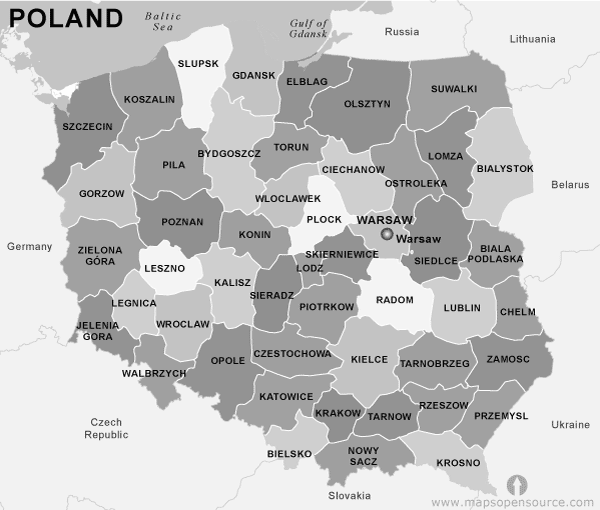How does the ethical review process work in Poland and which are the designated ethics committees?
Bioethical commissions
Art. 29 of the Act on the Medical Profession defines the organisation of bioethical commissions in Poland. Bioethical commissions in Poland act on a regional basis and are appointed by the:
- Regional council of physicians (executive body of the regional chamber of physicians – the institution of physicians’ professional autonomy) within the area of its activity;
- Rector of a higher medical school (Poland has distinct higher medical schools – medical academies);
- Director of a medical research and development
Bioethical commissions examine all types of medical experiments reported, by individuals or other applicants intending to execute such projects, respectively to the area of activity of the regional chamber of physicians, in a medical academy or in a medical research and development institute.
Apart from the regional bioethical commissions, the Minister of Health appoints an Appeal Bioethical Commission which considers appeals from resolutions by regional bioethical commissions.
A bioethical commission expresses its opinion about a medical experiment project by way of a resolution considering the ethical criteria, purposefulness and feasibility of the project.
The procedural rules for bioethical commissions are defined in the Order of the Minister of Health and Social Welfare of 11 May 1999 on the Detailed Rules of Appointment, Financing and Mode of Operation of the Bioethical Commissions (Dz. U. Nr 47 poz. 480).
A bioethical commission is appointed for a tenure of three years. Members of the bioethical commission include expert physicians and a representative from various professional backgrounds, such as a clergyman, a philosopher, a lawyer, a pharmacist, and a nurse – they must have at least ten years of work experience in their profession.
The commission counts 11-15 members from which a president, vice-president and secretary are elected. The president of the commission is a physician and the vice-president a non physician. The commission members appointed are individuals with high moral authority and high professional qualifications.
A person intending to perform a medical experiment applies to the appropriate bioethical commission for an opinion, including the documentation. The commission president designates a member of the commission and may call experts to prepare the proposal of an opinion. The bioethical commission may ask the person submitting the project to complement it with additional conditions.
Once the project has been discussed and explanations have been received, in a secret vote with at least half of its members present – including two non physicians – the commission passes a resolution expressing an opinion. The resolution should be passed within three months from the date the complete documentation on the projected experiment is received.
Appeal against the resolution of the bioethical commission can be filed by:
- The person intending to carry out a medical experiment;
- The manager of the health care unit where the experiment is to be performed;
- Any bioethical commission issuing an opinion about the project following the resolution of another bioethical commission which has issued an opinion about the same project, in the case of multi-centre research.
The Appeal Bioethical Commission investigates the appeal within two months of its filing. Funding assigned to finance the activities of the
bioethical commission comes from fees paid by the subject applying for the commission’s opinion. Fees should cover the bioethical commission’s operational costs.
Weblinks to Polish Ethics Committees
